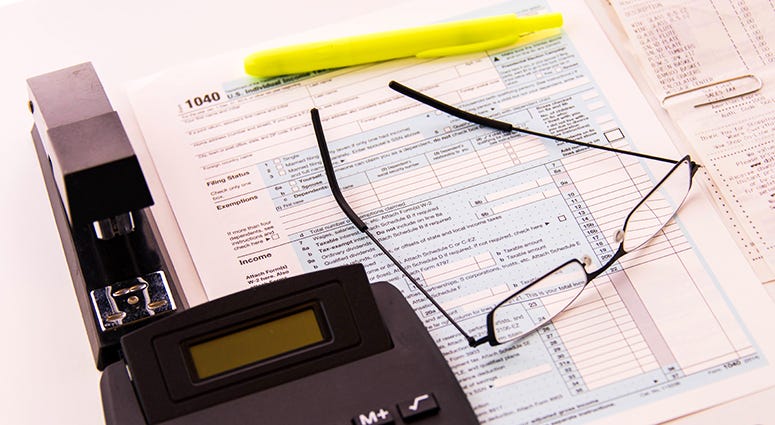
Navigating the necessary IRS steps in order to successfully file your taxes as a small business owner can be tricky. Thankfully, the government offers an abundance of information online with many resources, including a pertinent official video. In this invaluable online IRS video lesson regarding what you need to know, a slew of important points are imparted. To help lead you in the right direction, employer identification numbers and record keeping tax requirements are explained in expert detail. Bookkeeping and accounting methods (cash method and accrual) are also discussed, as well as how to select a paid tax perparer.
What is an EIN?
Acquiring a Federal Employer Identification Number (EIN) is an important legal step most small business owners must take for identification purposes. According to the IRS, you will need an EIN if “you pay wages, have a self-employed retirement plan, operate your business as a partnership or corporation, or if you are required to file any of these tax returns: employment, excise, fiduciary, or alcohol, tobacco and firearms.”
On the IRS video portal, you can learn whether or not you need an EIN, and if so, ways to obtain one. You can also check the eligibility and status of your business on the IRS website to see if your company is already attached to an EIN, as well as to submit an application for a number. Your name and social security number must match official social security administration records.
Ownership types
It is advantageous to understand and establish an ownership type for your small business immediately. The IRS video portal can help lay out your options and demystify concerns related to specific IRS paperwork necessary for filing your taxes. Topics are covered in detail, clarifying the different types of ownership structures, which include sole proprietorships, partnerships, limited liability companies, or LLCs, S corporations and corporations.
Picking a professional
The IRS video also covers how and when to choose a paid tax preparer. When pursuing a professional, the IRS instructs you to stay away from “preparers who claim they can obtain larger refunds than others.” The second tip in this lesson, which may not be so obvious, is to “avoid preparers who base their fees on the amount of your refund.” Also, ensure your tax preparer has gone through the necessary IRS registration and certification process. This can be done by making sure the person with whom you are working holds a valid Preparer Tax Identification Number or PTIN.
As the video describes, “An enrolled agent is a person who has earned the privilege of representing taxpayers before the IRS.”